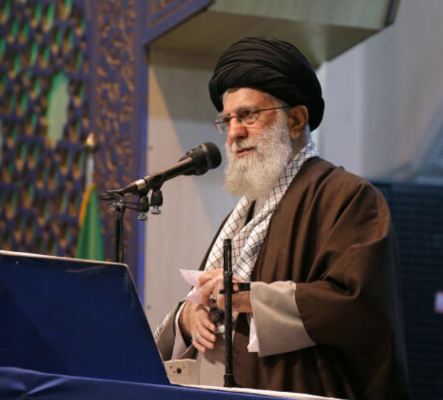Ayatollah Ali Khamenei is the Supreme Leader of Iran, a position he has held since June 4, 1989, following the death of Ayatollah Ruhollah Khomeini, the founder of the Islamic Republic. Born on July 17, 1939, Khamenei is a prominent cleric and a key figure in Iran’s political and religious landscape.
Before becoming Supreme Leader, Khamenei served as President of Iran from 1981 to 1989 and played a significant role in the Iranian Revolution of 1979. As Supreme Leader, he wields significant power over all branches of government, the military, and the media, making him one of the most influential figures in Iranian politics.
Khamenei’s leadership has been characterized by a focus on maintaining the principles of the Islamic Revolution, promoting a resistance-oriented foreign policy, and opposing Western influence, particularly from the United States. His tenure has seen significant events, including ongoing tensions with Western nations over Iran’s nuclear program, regional conflicts, and internal challenges regarding political dissent and economic issues.
Despite facing criticism and calls for reform, Khamenei remains a central figure in shaping Iran’s policies and direction, advocating for a vision of governance based on Islamic values and revolutionary principles.


